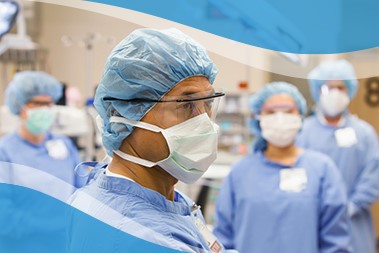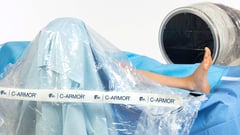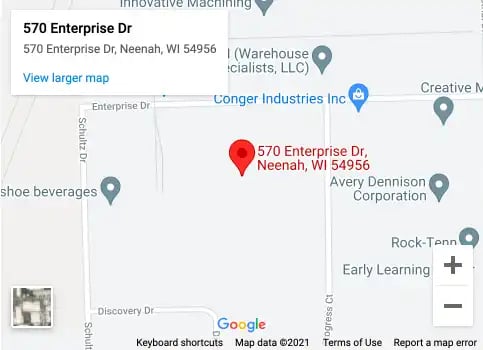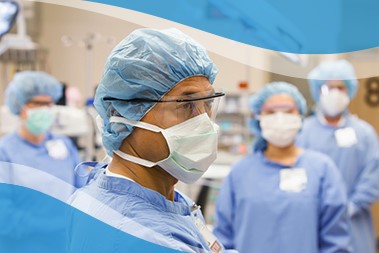A Challenging Environment
Perioperative nurses are facing an unprecedented set of challenges. Several years ago, the professional literature predicted worldwide perioperative nursing shortages, a forecast based on factors such as the absence of perioperative curricula in most nursing programs.1 Today, a deficit of nursing graduates entering and staying in the perioperative field, combined with a large portion of the perioperative workforce approaching retirement age, has contributed to the shortages predicted earlier.2

COVID-19 has exacerbated the situation. In the wake of the pandemic, perioperative nurses’ time and labor have been stretched increasingly thin. As OR schedules grow more demanding, finding new ways to optimize efficiency in the operating room while maintaining or improving safety is imperative.
Agents of Change
Perioperative nurses are well positioned to be proponents of better OR practices. According to an article in Periop Today, “Evidence-based practice gives nurses a way to put theory into action to make sure an intervention has the desired outcome by evaluating the research and following it.”3 To this end, each AORN guideline provides evidence citations within a recommended practice statement.3
For example, a recent citation in AORN’s guidelines for perioperative practice states that no evidence has been found to support the assertion that the presence of a person directly observing a covered sterile table during a procedural delay prevents contamination of the sterile field.4 This type of evidence-based information from a trusted source carries a lot of weight and can be leveraged by perioperative nurses seeking to initiate better practices in their OR.
Resource Optimization
The time and labor of highly skilled personnel are bedrock resources that are at a true premium in operating rooms. By advocating more efficient practices, perioperative nurses help ensure both are utilized to greater effect. Evidence-based recommendations can support nurses’ endeavors to shape policy and realize practical improvements. For instance, considering the citation presented in the section above (i.e., about the direct observation of a covered sterile table during a procedural delay), personnel previously tasked with watching the table could instead be assigned other responsibilities.
Access to the appropriate compliance-enhancing tools can make a difference as well. Along these lines, TIDI’s Sterile-Z® Covers were recently redesigned to make covering the sterile field of a surgical back table or Mayo stand easier and more intuitive for nurses and OR staff, potentially giving them additional time to perform other critical duties. Similarly, our C-Armor® Drape was designed to reduce the time and effort required to cover a C-arm throughout a procedure with multiple C-arm swings.
To summarize, updating OR policy requires evidence of efficacy, the right team in place, and the proper tools to enact sought-after changes. And, at the end of the day, it often relies on perioperative nurses who are willing and able to give full voice to their knowledge, experience, and expertise as front-line medical professionals.
For more information about TIDI solutions for the OR, please click here.
SOURCES
1. Ball, K., Doyle, D. and Oocumma, N.I. (2015), Nursing Shortages in the OR: Solutions for New Models of Education. AORN Journal, 101: 115-136. https://doi.org/10.1016/j.aorn.2014.03.015
2. Reuter, J. and Spalla King, T. (2021), Evaluation of a Redesigned Perioperative Specialty Elective to Address the Perioperative Nursing Shortage. AORN Journal, 113: 476-485. https://doi.org/10.1002/aorn.13375 3. https://www.aorn.org/about-aorn/aorn-newsroom/periop-today-newsletter/2020/2020-articles/evidence-based-practice. Published online: February 26, 2020. Accessed online: November 2021.
4. Guidelines for sterile technique. In: Wood A, editor. Guidelines for perioperative practice. Denver (CO): AORN; 2021. pp. 944-967. 






